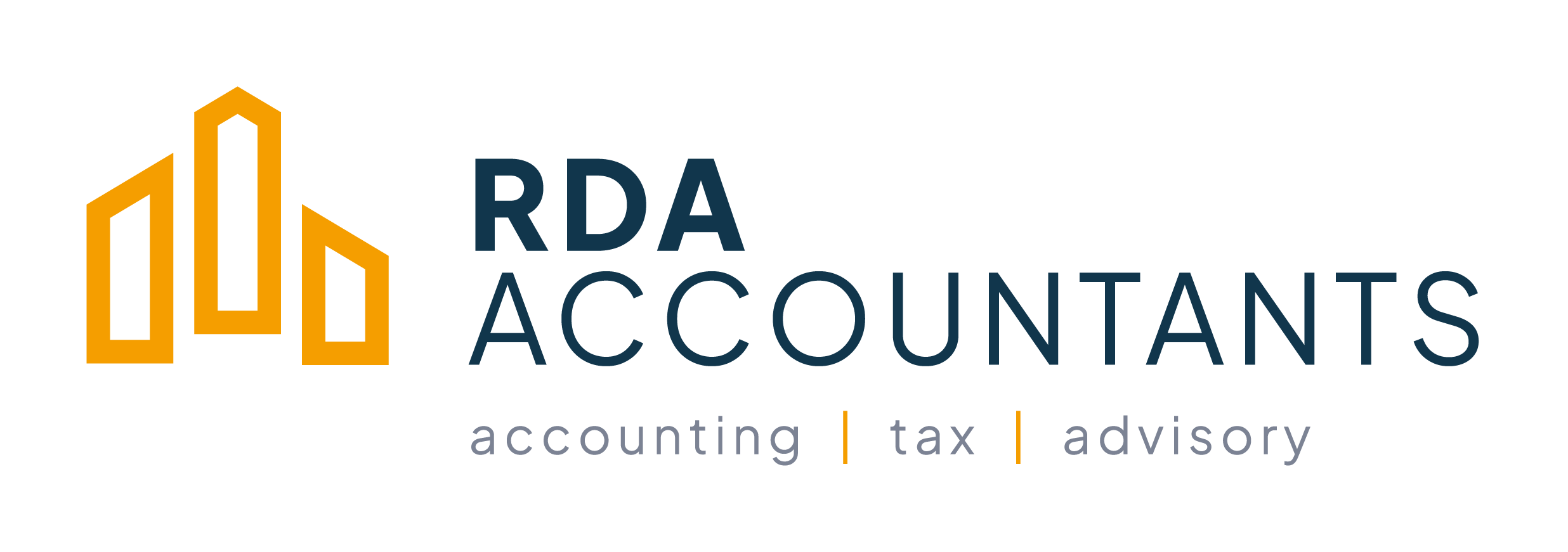If you are a UK resident you may have an issue with the Irish/EU Resident Director requirements for...
Expanding Abroad
From a commercial point of view the global market place has never been so accessible. Advancements in transportation and E- business capabilities have meant that even the smallest company can build their business abroad. The potential for cross border selling is further enhanced within the European Union as a consequence of the common economic market this provides. As a result of these factors, internationalisation presents an excellent growth opportunity in the current economic climate. Indeed, many commentators are now indicating that export-led growth is the only sustainable strategy to secure long-term growth and prosperity inIreland.
Unfortunately, one of the less glamorous but most important aspects of doing business internationally is planning for the tax implications of overseas business operations.
Whether or not your business becomes taxable in a foreign jurisdiction, largely depends on whether you’re regarded as having a permanent establishment in that country. Most countries recognize the concept of permanent establishment, which can be satisfied when a company merely has one or more employees located in a foreign country for a period of time. It is not necessary to have a physical location (e.g., office or manufacturing plant) in the country in order to be considered a permanent establishment. Typically, an Irish company would take the necessary steps to ensure that permanent establishment did not incur in the foreign jurisdiction given the favourable corporation tax rate currently available in this country. Fortunately, with regards to this,Irelandhas tax treaties with many countries that define the conditions that can create a permanent establishment. These treaties allow companies to operate in a foreign country without creating a permanent establishment, thus avoiding foreign taxation where possible.
Being considered a permanent establishment can affect not only the payment of taxes by your company, but also by your employees. In any foreign start-up, the Irish company is likely to transfer highly skilled employees abroad to supervise and control the investment in the target location. It is important that the implications of continuing to be paid by the Irish employer or transferring to the payroll of the foreign entity are understood.
Value Added Tax (VAT) may result in a tax liability from the outset when trading abroad and as a result cannot be ignored. VAT is a European Union wide tax. It is designed specifically so as to facilitate trade within the EU. As a result of this, the Irish VAT treatment of transactions with countries outside the European Union is different to those within the European Union. For example should you now decide to supply goods or services to another EU state for the first time, your company will now be required to prepare and file a quarterly VIES statement as well as filing your bi-monthly VAT 3 Return.
Clearly then, serious tax implications may arise as your company expands abroad. While other commercial factors such as market size, culture etc are likely to be the main factors considered when expanding abroad, it is very important that all potential tax liabilities have been discussed in detail with a qualified tax professional.

